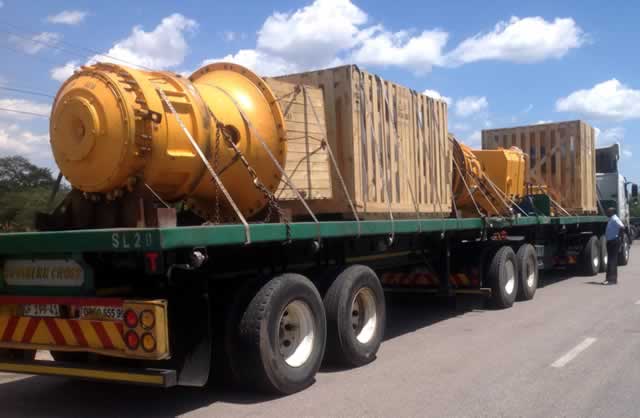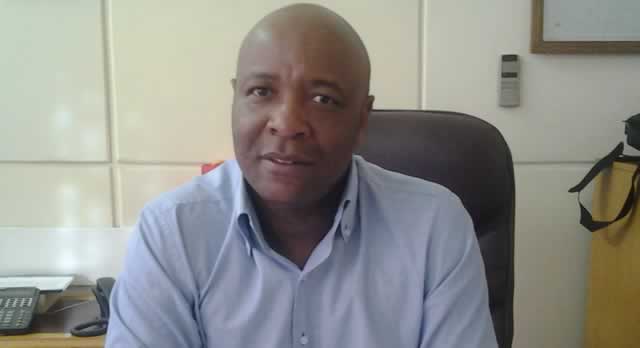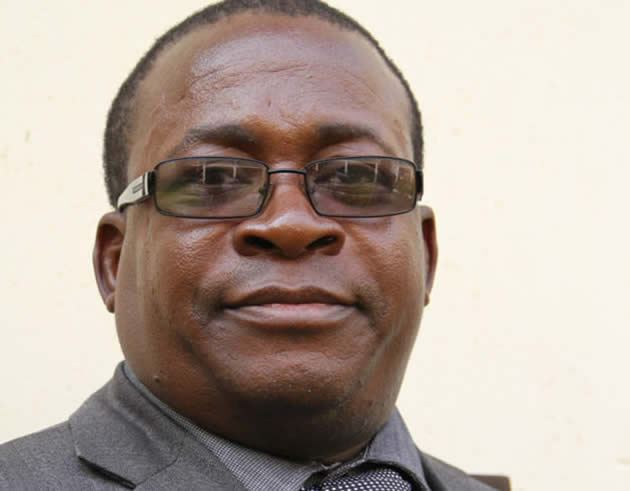Hwange’s $31m faulty imports

Felex Share Senior Reporter
Part of the recently commissioned Hwange Colliery Company’s mining equipment worth $31 million bought from India arrived with faults and technical problems were seen as soon as it was put to use.
Management reportedly ignored a red flag raised by an engineer who was part of the delegation that went to India for due diligence checks.
Hwange Colliery acquired equipment from BEML of India worth $13,3 million that was funded by India Exim Bank, while the other batch of equipment worth about $18,2 million came from mining equipment supplier BELAZ of Belarus under a PTA Bank loan facility.
The engineer reportedly pointed out that the machines delivered were different from those they had viewed in India.
Hwange Colliery managing director Mr Thomas Makore last Friday confirmed there were challenges with some of the machines.
“We have done a system diagnosis and realised that we have the same problem on the same machines, which are about five.
“We have concluded that it is a manufacturing defect and it is a leakage of hydraulic oil. It happens and I am not saying it is right, but the supplier has acknowledged the problems and parts will be in the country early next week.”
Mr Makore added: “If it was bigger than that we would have problems on each machine, but we are going to ensure we have value for our money. We are on top of the situation.”
But sources do not share the same sentiments.
“One engineer tried to point out that what they saw in India is not what came to Zimbabwe, but was silenced, which leaves us with no doubt that some of the managers know what is happening.”
The new open cast mining equipment was expected to increase the firm’s monthly output to about 500 000 tonnes from 300 000 tonnes, putting it on a solid path to profitability.
Government is the major shareholder in Hwange Colliery with 38 percent stake.
It fully supported Hwange Colliery’s initiatives and subsequently established lines of credit with PTA Bank and Exim Bank of India to finance other key economic development projects.
The $31,2 million used to buy the equipment is aggregated into Government debt.
For a long time Hwange Colliery’s balance sheet, which is heavily laden with debts and negative working capital, has been hampering turnaround efforts.
Cleaning of the balance sheet would enhance its ability to mobilise lines of credit from regional and international markets.
Hwange Colliery has been battling the legacy debt amounting to $160 million, accumulated since 2006.












Comments